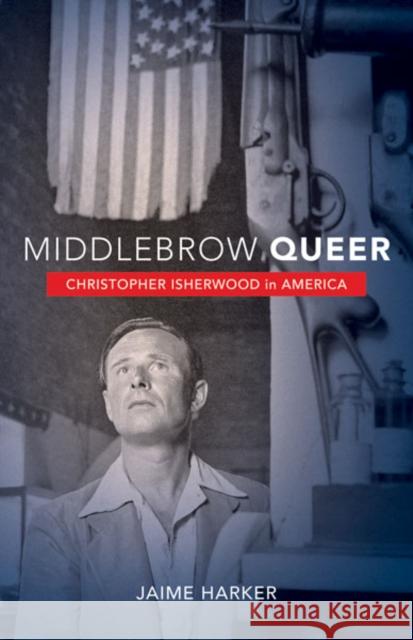Middlebrow Queer: Christopher Isherwood in America » książka
Middlebrow Queer: Christopher Isherwood in America
ISBN-13: 9780816679140 / Angielski / Miękka / 2013 / 216 str.
Middlebrow Queer: Christopher Isherwood in America
ISBN-13: 9780816679140 / Angielski / Miękka / 2013 / 216 str.
(netto: 88,04 VAT: 5%)
Najniższa cena z 30 dni: 92,25
ok. 22 dni roboczych.
Darmowa dostawa!
How could one write about gay life for the mainstream public in Cold War America? Many midcentury gay American writers, hampered by external and internal censors, never managed to do it. But Christopher Isherwood did, and what makes his accomplishment more remarkable is that while he was negotiating his identity as a gay writer, he was reinventing himself as an American one. Jaime Harker shows that Isherwood refashioned himself as an American writer following his emigration from England by immersing himself in the gay reading, writing, and publishing communities in Cold War America.
Drawing extensively on Isherwood's archives, including manuscript drafts and unpublished correspondence with readers, publishers, and other writers, Middlebrow Queer demonstrates how Isherwood mainstreamed gay content for heterosexual readers in his postwar novels while also covertly writing for gay audiences and encouraging a symbiotic relationship between writer and reader. The result--in such novels as The World in the Evening, Down There on a Visit, A Single Man, and A Meeting by the River--was a complex, layered form of writing that Harker calls "middlebrow camp," a mode that extended the boundaries of both gay and middlebrow fiction.
Weaving together biography, history, and literary criticism, Middlebrow Queer traces the continuous evolution of Isherwood's simultaneously queer and American postwar authorial identity. In doing so, the book illuminates many aspects of Cold War America's gay print cultures, from gay protest novels to "out" pulp fiction.











